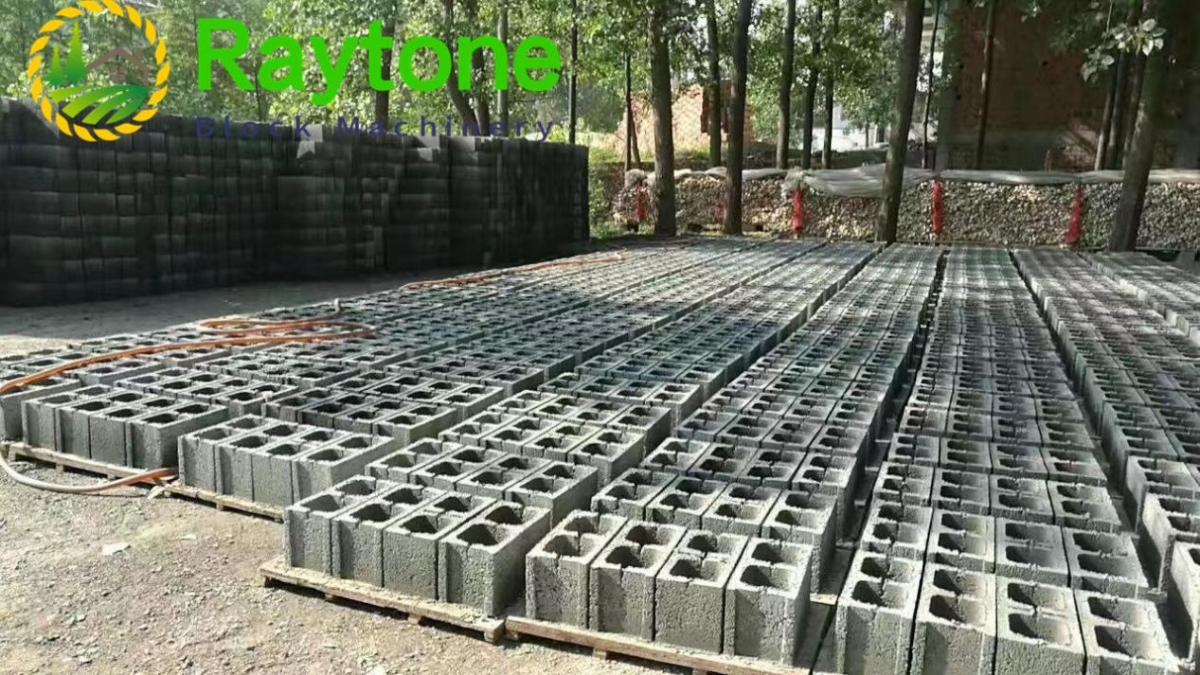- 20
- Dec
aac block machines
Our block making machines are reliable and efficient machines used to produce different types of concrete blocks like Pier blocks, solid blocks, interlocking blocks and paver blocks. They are suitable for both large and small-scale production, are versatile and cost-effective.
These machines are designed with advanced technology and components to ensure high quality and precise results. They are also easy to operate, maintain and have a long life, saving time and money in the long run.
RAYTONE block machine is also environmentally friendly, with low energy consumption and minimal noise levels.
Another popular option is the automatic hydraulic press machine. It has a higher production capacity, making it suitable for large-scale production. This machine is equipped with an advanced hydraulic system that allows for precise and efficient brick making. It also has a larger moulding pressure, resulting in stronger and more durable bricks.
The fully automatic aac block machines is the most advanced model, with the highest production capacity and automation. It uses PLC control and hydraulic pressure to produce bricks and blocks with high precision. The machine also has a high efficiency and can produce a variety of shapes and sizes of bricks and blocks.
In terms of parameter configuration, aac block machiness have different specifications for its motor power, moulding cycle time, and pallet size. These parameters can be customized according to the specific needs of the customer.
Technical specifications:
1. Power: 8 kW
2. Production capacity: up to 2000 blocks per hour
3. Dimensions: 400mm x 200mm x 200mm (standard block size)
4. Weight: 4242kg
5. Control system: PLC control
6. Mold types: customizable
7. Safety features: emergency stop buttons, protective covers
8. Energy efficiency: low energy consumption
9. Noise level: <73dB
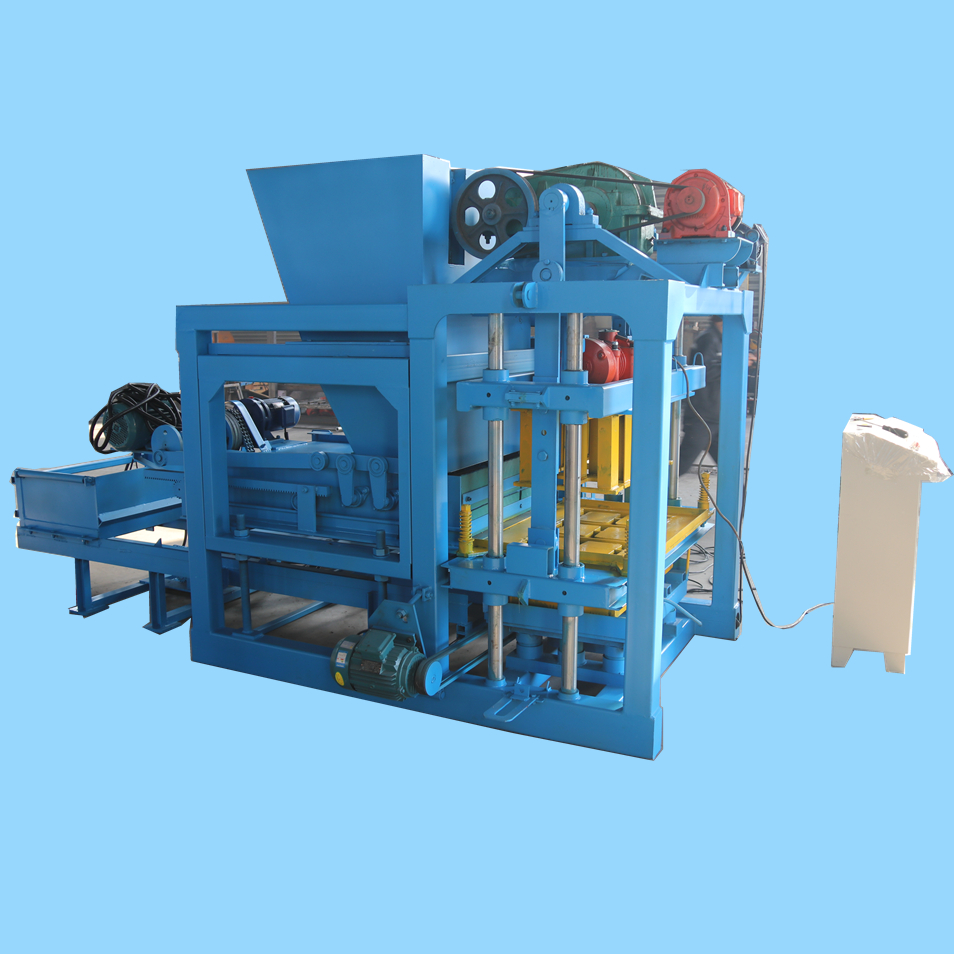
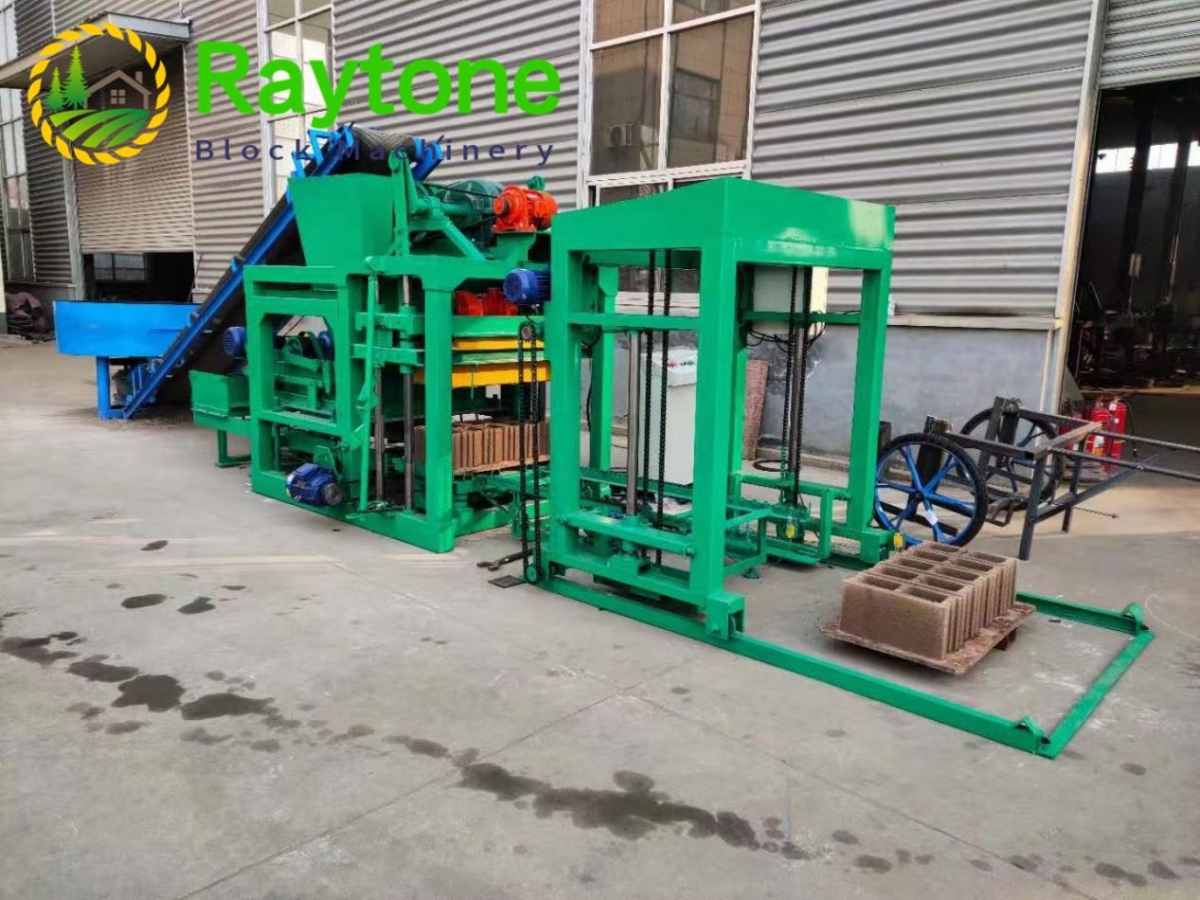
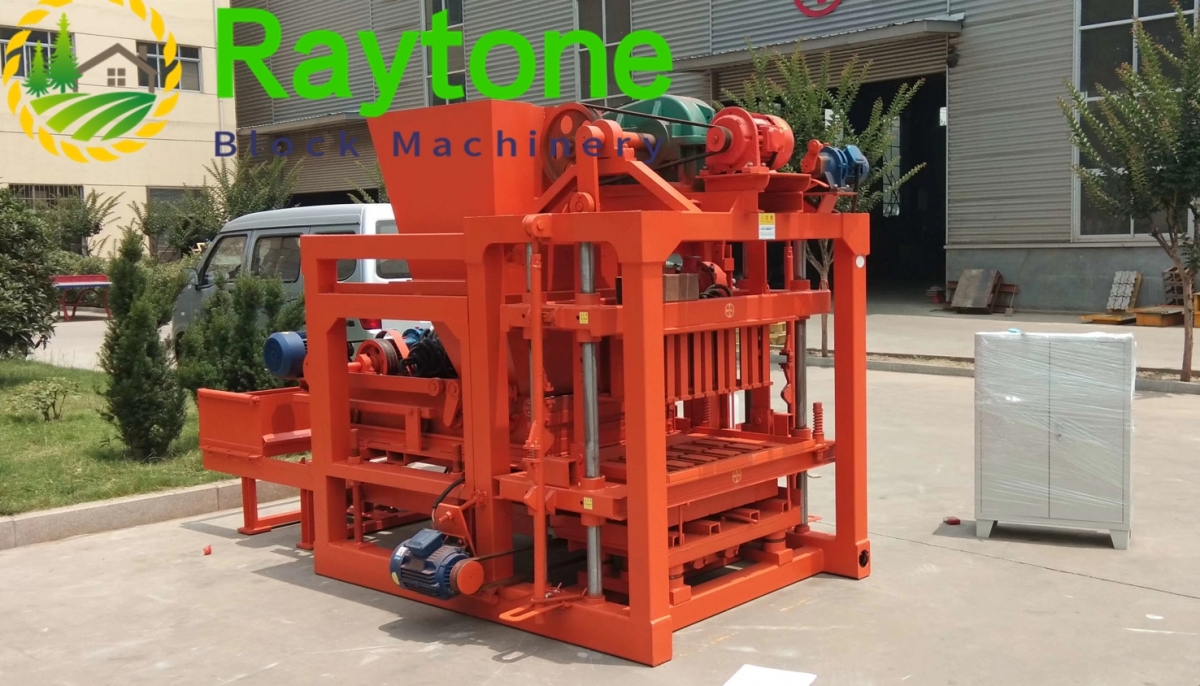
| (1) | Dimension of host machine | 2013*2000*2000mm | (6) | labour | 4 workers |
| (2) | Weight of the host machine | 3.2T | (7) | Voltage | customized |
| (3) | Moulding period | 25-28 | (8) | Total required machine power | 26.5 KW |
| (4) | pallet size | 850*550*20mm | (9) | Diesel Generator capacity | 36.96KVA |
| (5) | Vibration force | 80KN | (10) | workshop area | 422 m2 |
The Environmental Benefits of Block Machine Designs
aac block machines FAQs Guide.
The Block machine is an innovative and advanced piece of equipment that is designed to streamline the process of creating high-quality concrete blocks. With its state-of-the-art technology and precise engineering, our Block machine offers superior performance and efficiency for any construction project. It is a versatile and reliable tool that can produce a wide range of block sizes and shapes, making it perfect for various applications, including residential and commercial buildings, road and sidewalk construction, and more. Combined with its durability and ease of use, our Block machine is the ideal solution for your block-making needs. Join the countless satisfied customers who have experienced the benefits of our Block machine and take your construction projects to the next level.
2.How much space is needed to operate a aac block machines?
3.Can a aac block machines be used in cold weather conditions?
4.Can a aac block machines be easily repaired in case of breakdown?
5.What is the expected return on investment for a aac block machines?
6.Can a aac block machines be used for multiple types of construction projects?
7.About aac block machines raw material procurement system
8.Can a aac block machines be operated manually or automatically?
9.About aac block machines payment method
10.Are there any noise or vibration concerns with a aac block machines?
11.About aac block machines origin
12.About the development history of aac block machines factory
1.How does climate affect the production of blocks with a aac block machines?
As one of the top aac block machines manufacturers in China, we take this very seriously.
Climate can affect the production of blocks with a block machine in a few ways. In cold climates, the concrete mix may need to be adjusted to ensure that it sets properly. In hot climates, the concrete mix may need to be adjusted to ensure that it does not set too quickly. Additionally, in hot climates, the block machine may need to be cooled to prevent overheating. Finally, in humid climates, the block machine may need to be equipped with a dehumidifier to prevent moisture from affecting the production process.
2.How much space is needed to operate a aac block machines?
We have established a good reputation and reliable partnerships within the aac block machines industry.
The amount of space needed to operate a block machine will depend on the size and type of machine. Generally, a block machine will require a minimum of 10 feet by 10 feet of space.
3.Can a aac block machines be used in cold weather conditions?
Yes, a block machine can be used in cold weather conditions. However, it is important to ensure that the machine is properly insulated and heated to prevent any damage from the cold temperatures. Additionally, it is important to ensure that the machine is properly lubricated and maintained to ensure that it is functioning properly in cold weather conditions.
4.Can a aac block machines be easily repaired in case of breakdown?
Yes, a block machine can be easily repaired in case of breakdown. Depending on the type of block machine, the repair process may involve replacing parts, cleaning and lubricating components, or adjusting settings. In some cases, a technician may need to be called in to diagnose and repair the machine.
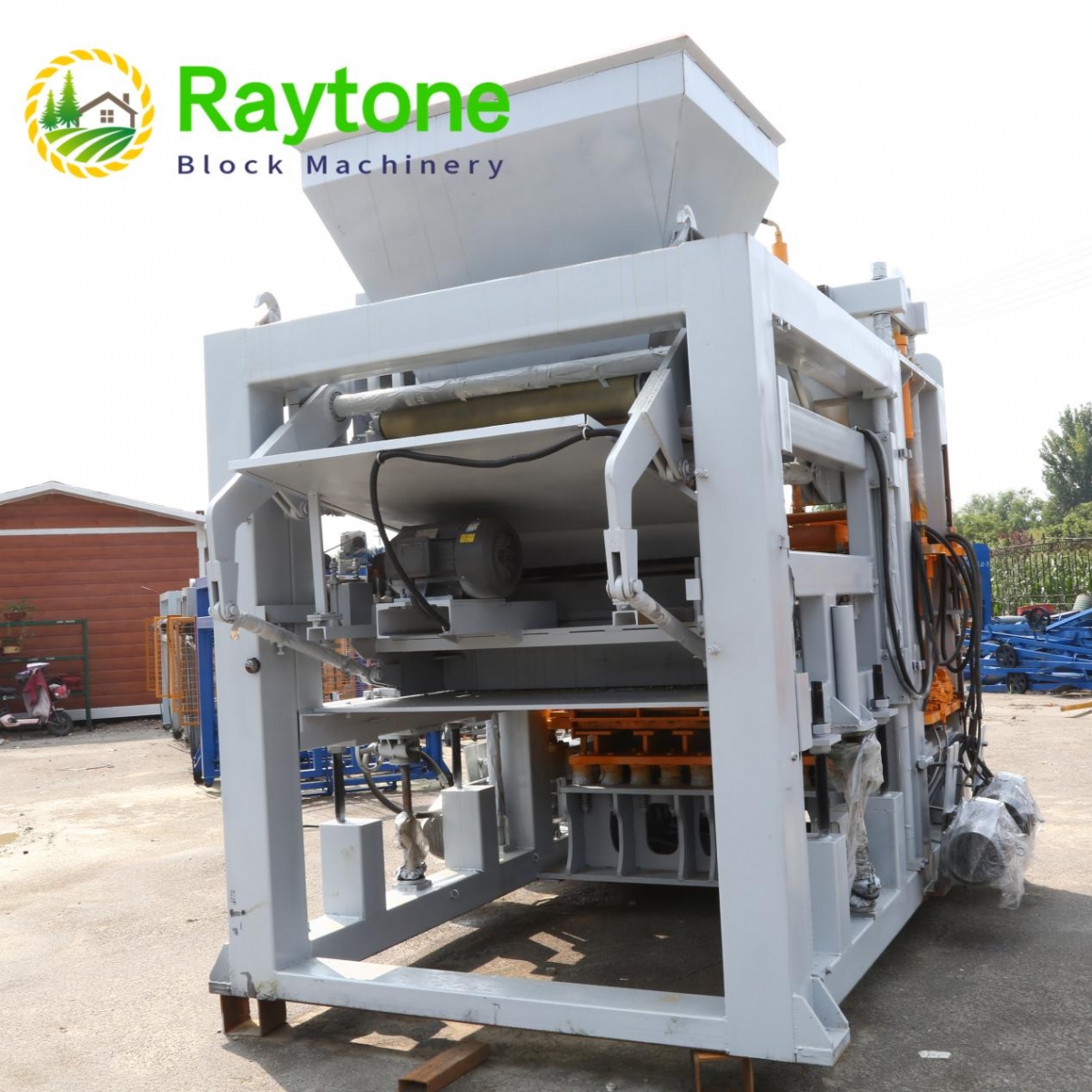
5.What is the expected return on investment for a aac block machines?
The expected return on investment for a block machine can vary greatly depending on the type of machine, the size of the project, and the market conditions. Generally, block machines can have a return on investment of anywhere from 10-30%, with some machines having returns as high as 50%.
6.Can a aac block machines be used for multiple types of construction projects?
We have established a good reputation and reliable partnerships within the aac block machines industry.
Yes, a block machine can be used for multiple types of construction projects. Block machines are versatile and can be used to produce a variety of concrete blocks, including hollow blocks, paving blocks, curbstones, and more. They can also be used to produce other concrete products such as pavers, tiles, and slabs.
7.About aac block machines raw material procurement system
A block machine raw material procurement system is a software solution designed to streamline the process of procuring raw materials for the production of concrete blocks. The system automates the process of ordering, tracking, and managing the delivery of raw materials, allowing for greater efficiency and cost savings. The system also provides detailed reporting and analytics to help manufacturers better understand their supply chain and make informed decisions about their raw material procurement.
8.Can a aac block machines be operated manually or automatically?
As one of the aac block machines market leaders, we are known for innovation and reliability.
Yes, a block machine can be operated manually or automatically. Manual operation requires an operator to manually feed the material into the machine and manually remove the finished product. Automatic operation requires the machine to be programmed to automatically feed the material and remove the finished product.
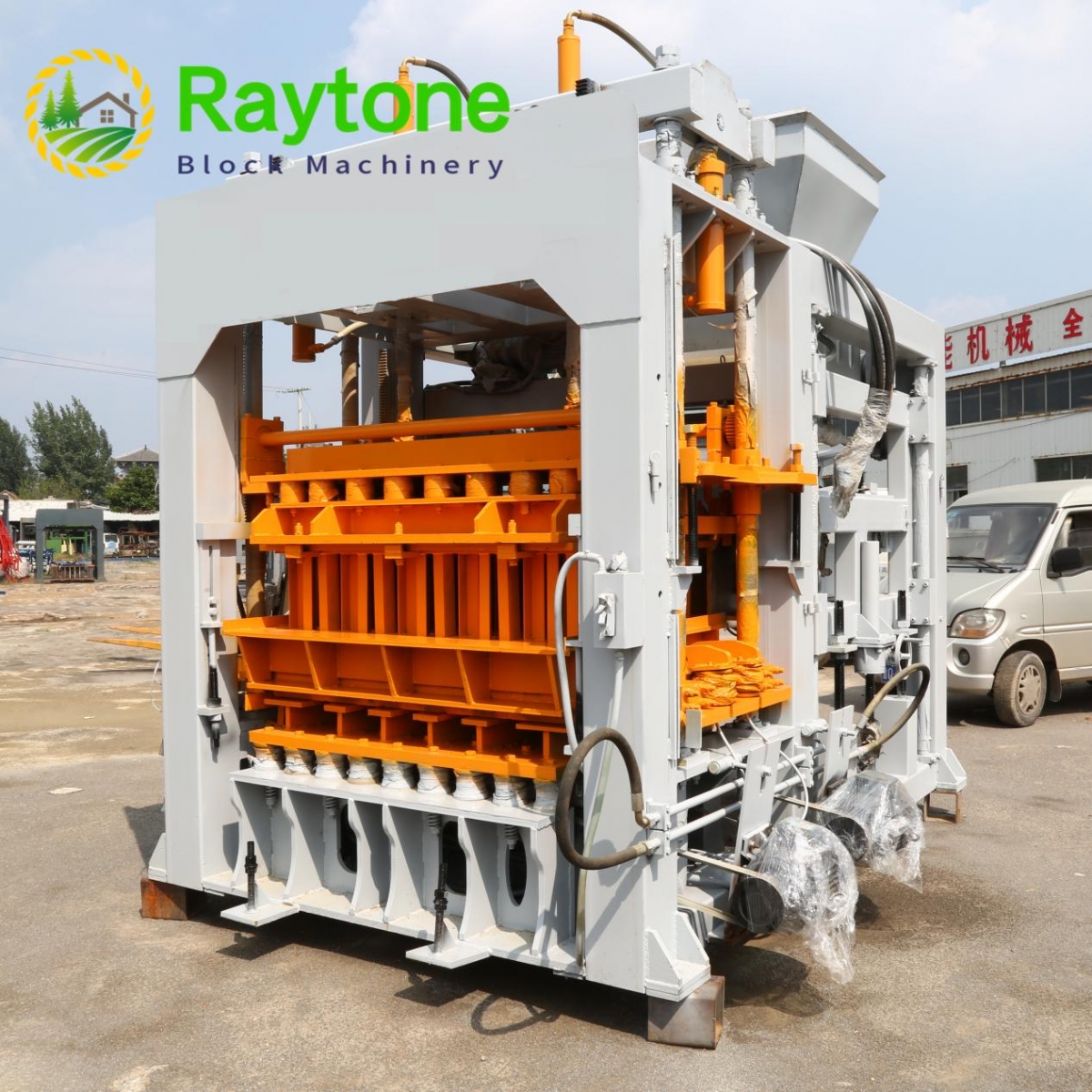
9.About aac block machines payment method
Block machine payment methods vary depending on the manufacturer and the type of machine. Some common payment methods include cash, credit cards, PayPal, wire transfers, and cryptocurrency. Some manufacturers may also offer financing options or leasing options.
10.Are there any noise or vibration concerns with a aac block machines?
Yes, noise and vibration are common concerns with block machines. The noise and vibration levels can vary depending on the type of machine and the materials being used. It is important to ensure that the machine is properly maintained and that the operator is properly trained to reduce the risk of excessive noise and vibration.
11.About aac block machines origin
Block machine origin dates back to the late 19th century when the first concrete block machines were developed. The first machines were used to produce concrete blocks for the construction of buildings and other structures. The machines were developed to increase the speed and efficiency of the production process. Over the years, the technology has advanced and the machines have become more sophisticated and efficient. Today, block machines are used in a variety of industries, including construction, manufacturing, and mining.
12.About the development history of aac block machines factory
The development history of block machine factory can be traced back to the early 20th century. The first block machine was invented in the United States in 1905 by a man named Charles Pankow. This machine was used to make concrete blocks for construction projects. In the 1920s, the first automatic block machine was developed in Germany. This machine was able to produce blocks with a higher degree of accuracy and consistency than the manual machines.
In the 1950s, the first hydraulic block machine was developed in the United States. This machine was able to produce blocks with a higher degree of accuracy and consistency than the manual machines. In the 1960s, the first computer-controlled block machine was developed in the United States. This machine was able to produce blocks with a higher degree of accuracy and consistency than the manual machines.
In the 1970s, the first fully automated block machine was developed in the United States. This machine was able to produce blocks with a higher degree of accuracy and consistency than the manual machines. In the 1980s, the first robotic block machine was developed in the United States. This machine was able to produce blocks with a higher degree of accuracy and consistency than the manual machines.
Today, block machine factories are used to produce a wide variety of blocks for construction projects. They are used to produce blocks for residential, commercial, and industrial projects. Block machine factories are also used to produce blocks for landscaping projects.
